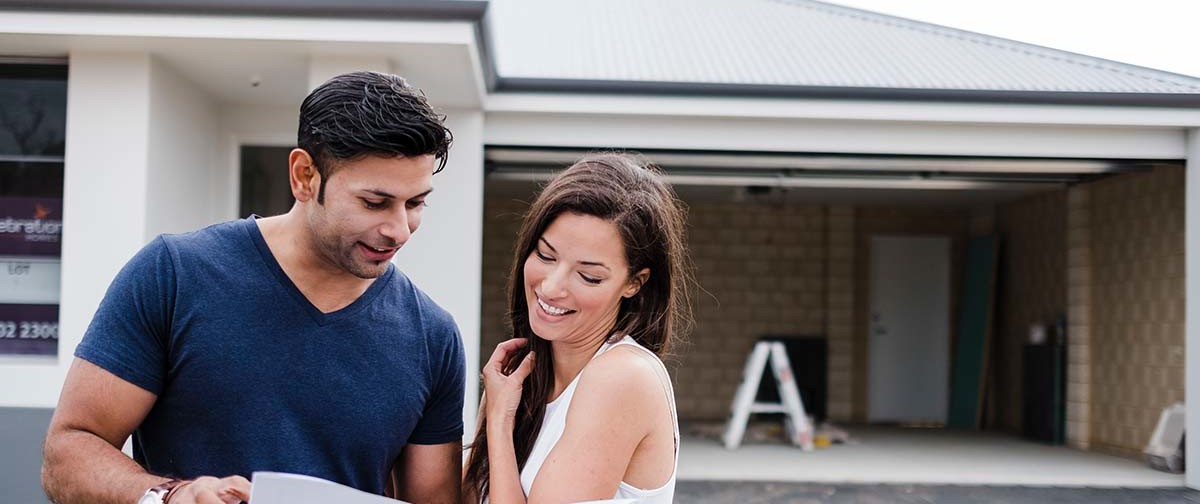Should you buy a house or rent – it’s the age-old question people have been asking themselves for years. While you will need to weigh up your own financial and personal situation, below we’ve listed some of the reasons we think buying is a smart idea.
A Nest Egg
Generally speaking property values increase over time, so the house or apartment you choose to buy, could help build wealth. The increase does depend on factors such as location and overall economic market. Keep in mind too, that this isn’t a quick way to build your funds, it is a long-term strategy. Once you have built up enough equity in your home, you might choose to funnel it into other investments.
Enforced savings plan
Having a mortgage is basically a forced savings plan. Each month you are required to make repayments on your own property (an asset that is likely to increase in value over time), rather than your landlord’s property. It also provides you with some stability – when you own your own home, there is no chance a landlord can kick you out whenever they choose.
Reasonable certainty over repayments
Yes, interest rates can fluctuate, but a mortgage does allow you to budget with some certainty, especially if you choose a fixed rate or split home loan. When renting, you are at the whim of your landlord. Additionally, rent payments never stop – homeowners can pay off a mortgage, but for those renting, they will need to make payments forever.
Make it your own
Choosing to buy land to build, buying an already completed house or apartment also means you are free to make that space your own. You can build a house perfect for your needs or paint an apartment exactly as you like. When you are renting you are restricted by what the landlord says you can and can’t do. And that may include not being able to bring your favourite four-legged friend along!
If you have made the decision to buy, you will probably need to save for a deposit. Here are some quick tips to help you reach that goal amount a little bit sooner:
1. Budget! Set a plan for a realistic amount you can set aside each month and stick to it.
2. Research! There are many different savings accounts out there with different rates of interest – make sure you know your options before deciding on one.
3. Sort out your finances! If you are already paying off a credit card debt, look into ways you could consolidate this, or even pay off the debt with the highest interest rate first. Check for better deals on your phone plan or car loan.
4. Look for ways you can save. This might be making little changes from buying home brand or cheaper alternatives when doing the weekly shop, not splurging on discretionary spending to big changes such as selling your car and relying on public transport to moving in with your parents or taking on a roomie while you are saving for that deposit.
5. What are you entitled to? Make sure you understand what government grants you may be eligible for, such as the First Home Owners Grant.
